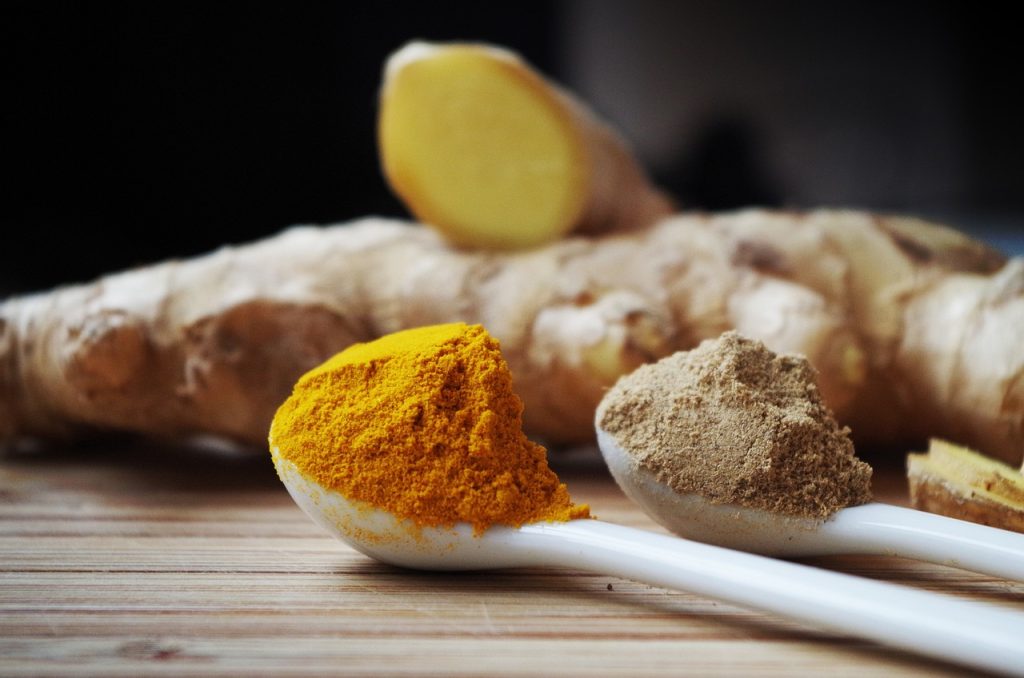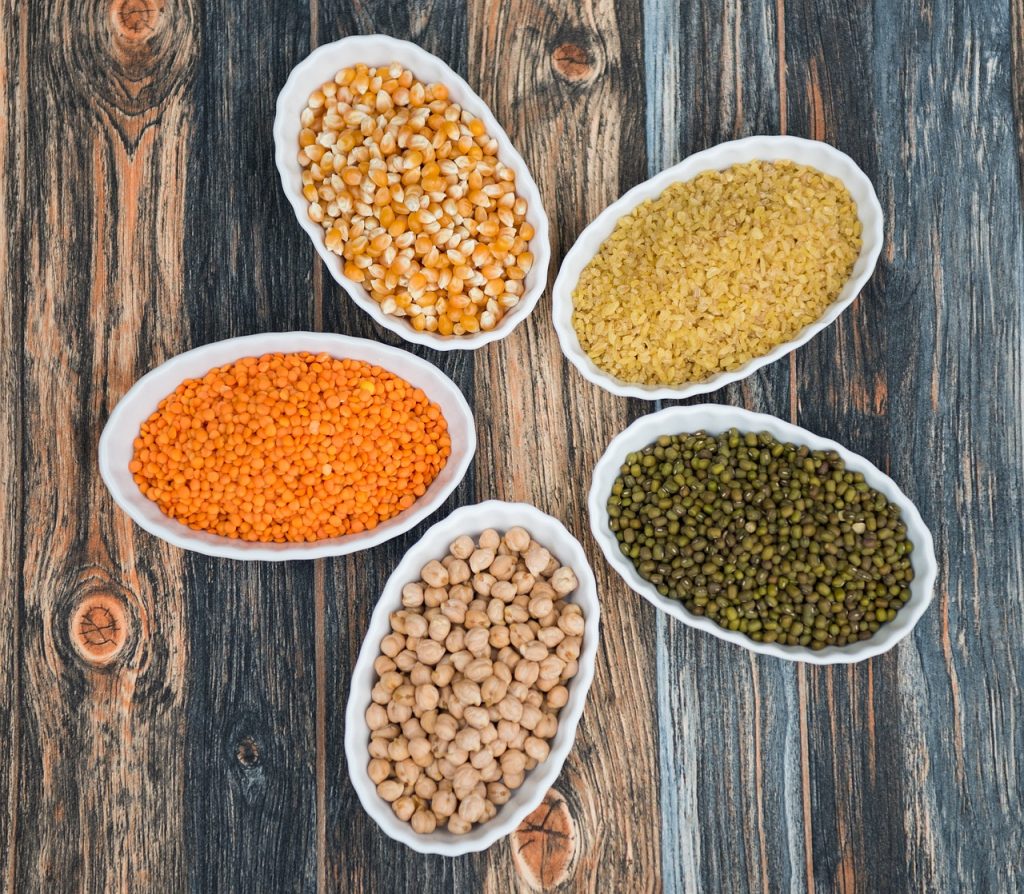Cruciferous vegetables belong to the Brassicaceae family and include popular vegetables like broccoli, cauliflower, cabbage, Brussels sprouts, and kale. These vegetables are packed with nutrients and compounds that offer a variety of health benefits. Here are some of the key benefits of eating cruciferous vegetables:
Rich in Nutrients: Cruciferous vegetables are rich in essential nutrients, including vitamins C, K, and E, as well as folate, potassium, and fiber. These nutrients play important roles in supporting overall health and well-being.
Antioxidant Properties: Cruciferous vegetables contain antioxidants like vitamin C, beta-carotene, and various phytochemicals (such as sulforaphane and indole-3-carbinol) that help protect cells from oxidative stress and reduce the risk of chronic diseases.
Cancer Prevention: The compounds found in cruciferous vegetables, particularly sulforaphane and indole-3-carbinol, have been associated with potential anti-cancer effects. These compounds may help inhibit the growth of cancer cells and support detoxification pathways in the body.
Heart Health: The fiber, potassium, and antioxidants in cruciferous vegetables contribute to heart health by helping to lower cholesterol levels, regulate blood pressure, and reduce inflammation.
Digestive Health: The high fiber content in cruciferous vegetables supports healthy digestion, promotes regular bowel movements, and may prevent constipation.
Bone Health: Cruciferous vegetables contain vitamin K, calcium, and other minerals that contribute to bone health and may help reduce the risk of osteoporosis.
Anti-Inflammatory Effects: The phytochemicals in cruciferous vegetables have anti-inflammatory properties that can help reduce inflammation in the body, which is linked to various chronic diseases.
Weight Management: Cruciferous vegetables are low in calories and high in fiber, making them a filling and satisfying addition to meals. Their low energy density can contribute to weight management by reducing overall calorie intake.
Hormone Balance: Some compounds in cruciferous vegetables, such as indole-3-carbinol, may help support hormone balance by promoting healthy estrogen metabolism.
Brain Health: The antioxidants and anti-inflammatory properties of cruciferous vegetables may have a positive impact on brain health and cognitive function.
Detoxification: Certain compounds in cruciferous vegetables, especially sulforaphane, support the body’s natural detoxification processes and may help remove harmful substances.
Skin Health: The vitamins and antioxidants in cruciferous vegetables can contribute to healthy skin by protecting it from damage caused by UV rays and oxidative stress.
To enjoy the benefits of cruciferous vegetables, aim to include a variety of them in your diet. You can enjoy them raw, steamed, sautéed, roasted, or added to soups, stews, salads, and smoothies. Keep in mind that individual sensitivities or medical conditions may influence your consumption of specific cruciferous vegetables. As with any dietary changes, it’s a good idea to consult with a healthcare professional or registered dietitian, especially if you have specific dietary needs or health concerns.












I do agree with all the ideas you have presented in your post. They’re very convincing and will definitely work. Still, the posts are very short for novices. Could you please extend them a little from next time? Thanks for the post.